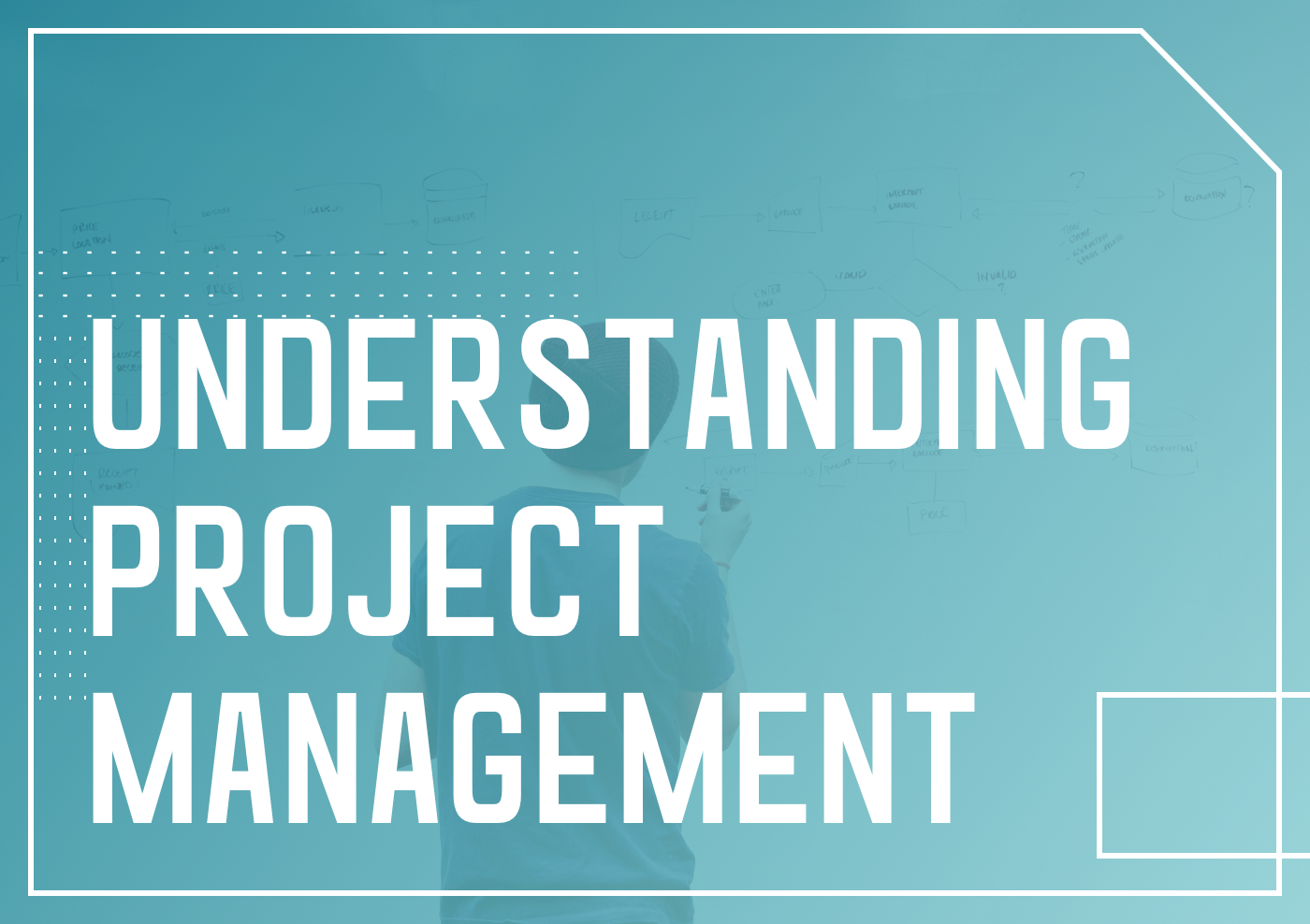We all know that project management skills apply to almost all industries. Every organization defines role and responsibilities differently – in JIN Design – a UI / UX design agency, our Design Leads manage projects from the start to end.
“It’s not just about meeting deliverables and deadlines, as a project manager, you need to own and support the whole process.”
Project management is the process of directing and controlling a project throughout its span. This process may be divided into 3 main phases:
Phase 1: Planning
-
- Define project scope and objective
- Develop the detailed work plan, schedules and resource plan
- Before starting the project, be sure to set a right expectation with your team and client – make sure it’s clearly defined and manageable throughout the process
Phase 2: Executing
-
- Progressive reviews on the project deliverables
- As the project develops, project managers may adjust schedules and resources to ensure the project is on track
- Ensure adherence to quality standards
Phase 3: Measure and iterate before project closure
-
- Measure if a project is on schedule and if the project is meeting the pre-defined objectives
- Upon completion, project managers can hold a meeting internally – often referred to as “Post-Mortem” in JIN Design – to evaluate and identify lessons we can learn from the entire project process and implement them in future projects.
To be a good project manager, you need to be highly organised and forward-looking in driving the process. There is no single way to run all projects. Keep learning and gain more experience!
Here I have some tips to share on how you can improve your project management skills:
Learn to Delegate
When I first started in JIN Design, I like to do everything by myself and often find myself getting stressed out and losing concentration across multiple tasks. That’s when our Managing Director stepped in and advised: “You can’t do it all by yourself! Learn to let go and delegate your work!”
Delegating the work to your teammates not only help to free up your time to focus on important tasks at hand, it also efficiently leverages your team’s knowledge and expertise for a more productive result.
Communication is Key
Everyone communicates differently. Tailor your message to the respective group of audience to ensure the right level of comfort and understanding between two parties.
Trust me – any project will fail without a solid line of communication.
Being clear, concise, and honest when communicating with your team, clients or even developers can eliminate any doubts or unnecessary efforts.
Be a firm decision maker
Decision-making is the core of project managing. Our team members are highly involved throughout the process and opinions are noted down to ensure we hear from all sides.
However, the project manager makes the final decisions, considering the best for the project and business.
Decision making should be rational – always make sure facts and information are taken into account, before arriving at the best solution.
Be Adaptive
Changes are inevitable. When a situation arises, be flexible and refine the goals as needed. At the same time, minimise unnecessary work which affects the overall success of the project.
Drive and Influence
Your team is the project’s biggest asset. Be supportive and allow them to thrive and work more effectively. Give them accurate feedback in their work progress to strengthen performance as the project progresses.
As a project manager, you will be under the pressure to deliver, make decisions and sort out issues almost every single day.
Set a clear state of mind. Maintain a balanced perspective to anticipate any concerns or challenges.
Stay calm and lead your project to a great success!







